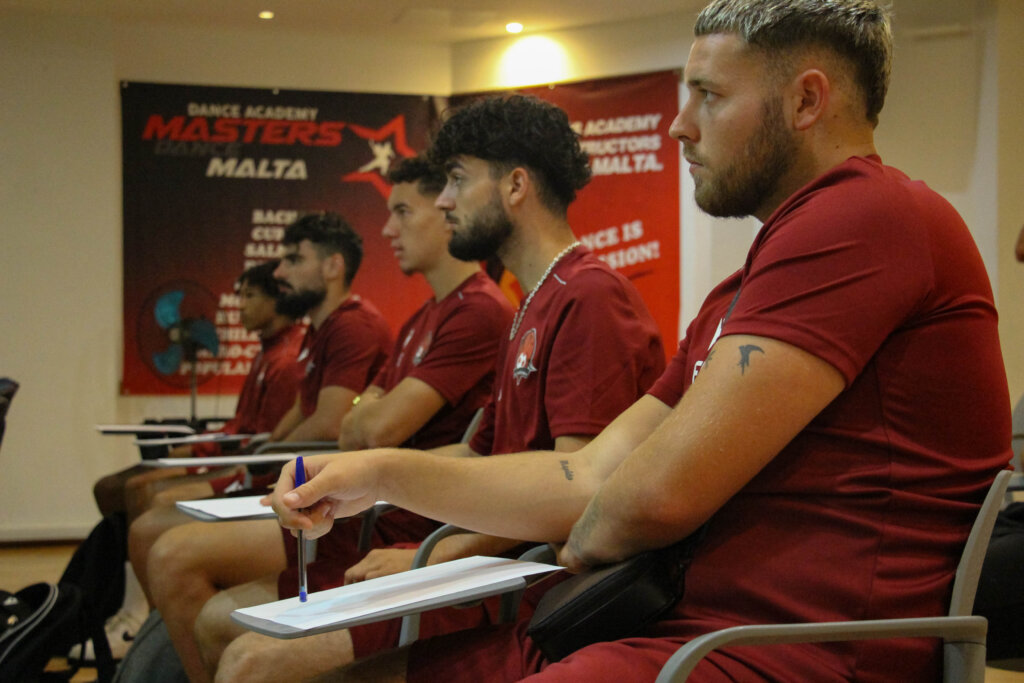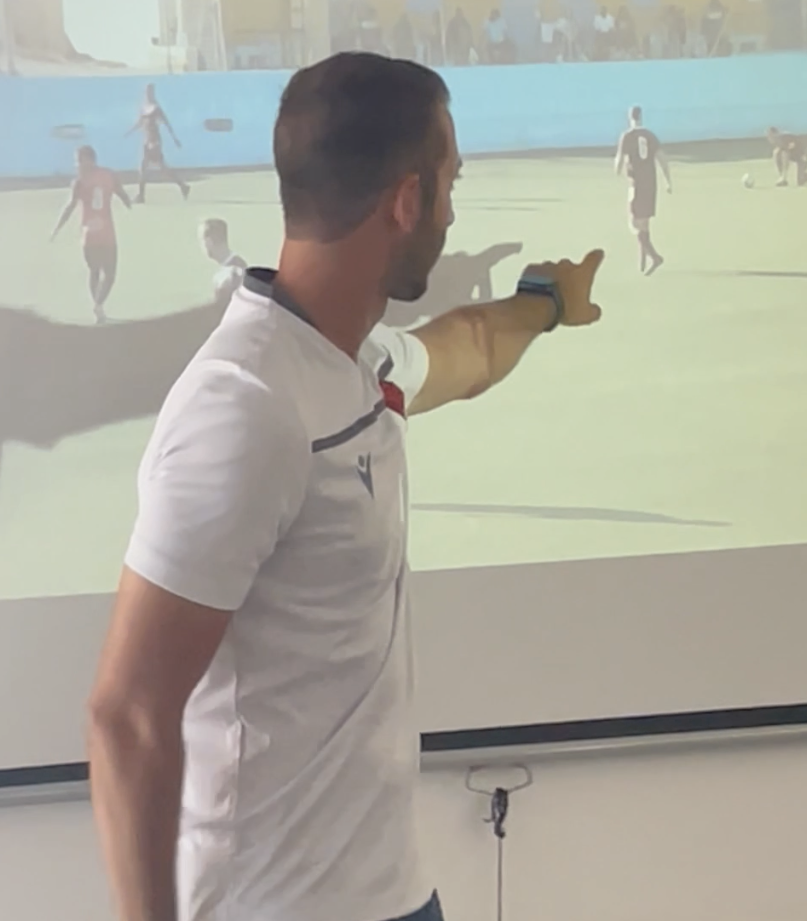Joining a foreign club is a adventure also exciting that full of challenges. It's a unique opportunity for players to develop professionally while discovering a new culture.
But this achievement can also be accompanied by major challenges language barrier, culture shock, sporting expectations. Fortunately, with a structured approach and targeted efforts, successful integration is within reach.
Summary
Step 1: Mastering the language and communicating effectively
There's no better way to break down barriers than to speak the local language. Language is the key to the human bond. So taking the time to learn the basics before you even join your new team can position the player as a proactive and respectful individual.
- Why learn the language?
- Strengthen communication with your team-mates, coaches and technical staff.
- Create a relationship of trust with supporters and the local community.
- Practical advice for rapid progress
- Stick to a daily routine: 15 to 30 minutes a day can be enough for effective learning.
- Download applications such as Duolingo or Babbel for a start.
- Immerse yourself by practising with your team-mates or watching local media (videos, sports newspapers).
Clubs really appreciate players who show a willingness to make an effort in terms of communication. It's a sign of maturity and a real desire to fit in.

Step 2: Adapting to the culture of the foreign country
Every country, every city and even every club has its own culture. Knowing and respecting these cultural differences is fundamental.
Understanding local customs
- Learn the traditional rituals: Whether it's the specific handshake from your team-mates or the usual chants from the fans.
- Respect social standards: Your behaviour off the pitch has a direct impact on your reputation both inside and outside the club.
Study the local football mentality
For example:
- In Eastern Europe, the emphasis is often on physical fitness and endurance.
- In Spain, it's technique and possession that come first.
- In England, the passion of the fans and team cohesion play a huge role.
Key tip
Take the time to talk to your team-mates about their experiences and expectations. Observing first and acting later will help you avoid making any faux-pas.
Step 3: Build solid relationships
Let's be honest: on and off the pitch, football is a team affair. Successful integration requires you to build strong links with your team-mates, your coach and the staff.
Creating a spirit of camaraderie
- Attend informal gatherings or activities organised by the club.
- Take the initiative. Ask a teammate: «How do you work on your game here?»
- Be open to feedback on training or even advice on cultural habits.
Gaining the trust of your coach and staff
Rigorous work and a respectful attitude quickly show your intentions. Ask tactical questions, be transparent about your needs (recovery, training) without appearing demanding.
An English proverb puts it well: «Teamwork makes the dream work.»

Step 4: Performance in the field
On the pitch, the pressure mounts. A foreign player is expected to adapt quickly not only to the local style of play, but also to the specific tactical expectations of his coach.
Understanding the tactical system
Take the time to analyse match and training videos. Familiarise yourself with the formations, the priority roles in each position and defensive practices.
Adapt your playing style
A striker used to open spaces may have to rethink his moves if he moves to a league renowned for its compact defences, such as Serie A.
Case in point
A midfielder joining a Spanish club might need to improve his technical speed to adapt to an intensive tiki-taka.

Step 5: Mental resilience
Finally, joining a foreign club is an intense experience that can be accompanied by moments of doubt and isolation. This is where the mental resilience comes into play.
Stay positive in the face of obstacles
- Take criticism constructively.
- Concentrate on your progress, even if it's modest at first.
Surround yourself with support
Get in touch with other expats or players who have had similar experiences. Share your challenges and celebrate your victories, however small.
Tips for staying mentally strong
- Build in a daily routine to manage your time off-road (reading, meditating, learning a language).
- Work on your concentration and stress management with a professional if necessary.
Your mental health is as crucial as your physical performance.
Conclusion
Integrate a foreign club successfully request bravery, preparation and open-mindedness. Whether it's mastering the language, adapting to the culture, building relationships or excelling in the field, every step is essential to success.
And remember, every challenge you overcome only strengthens your potential to become a more versatile and resilient player.
Ready to take the next step? Whatever your club or destination, these universal principles will guide you to success.

